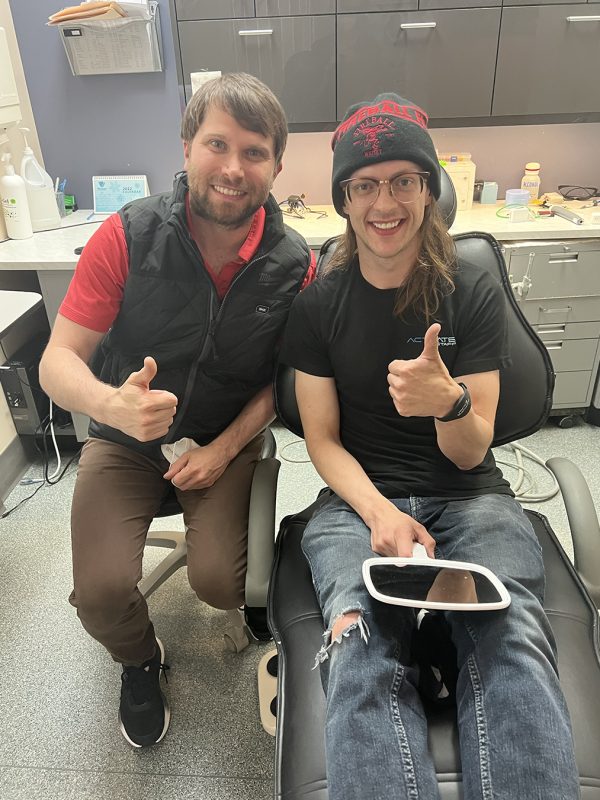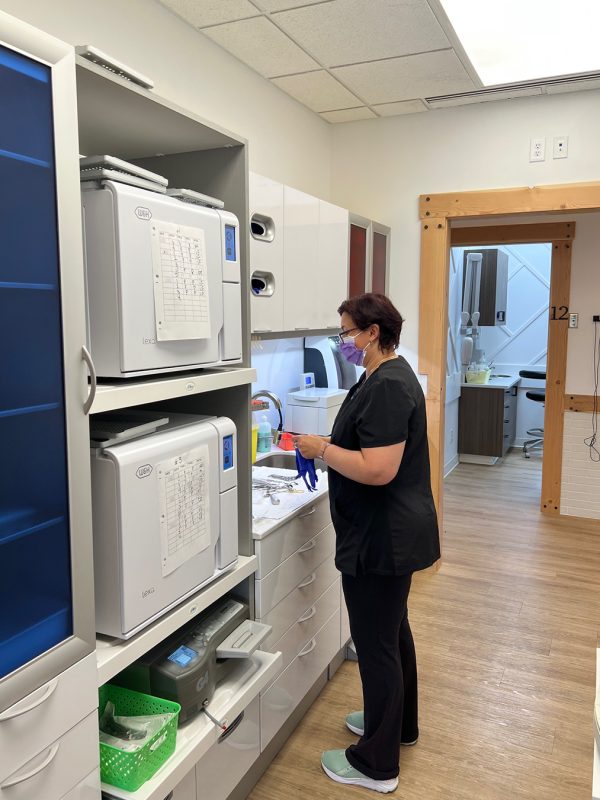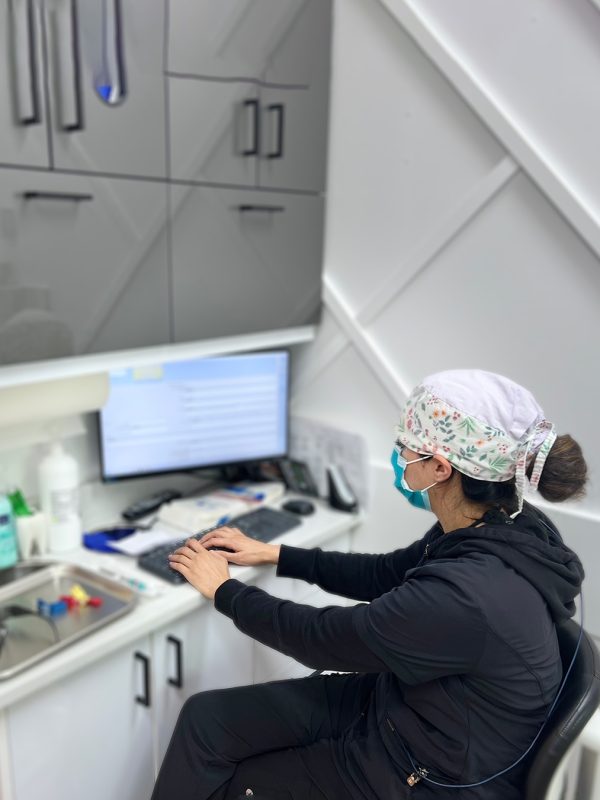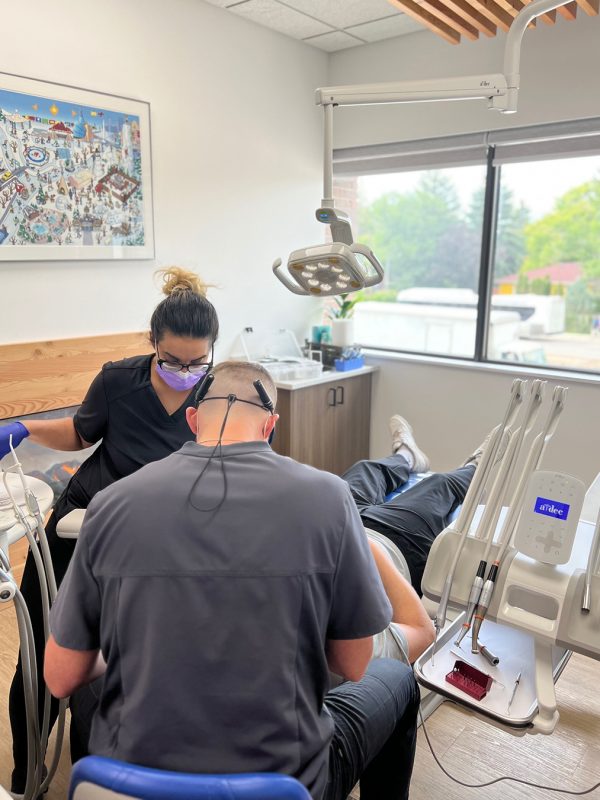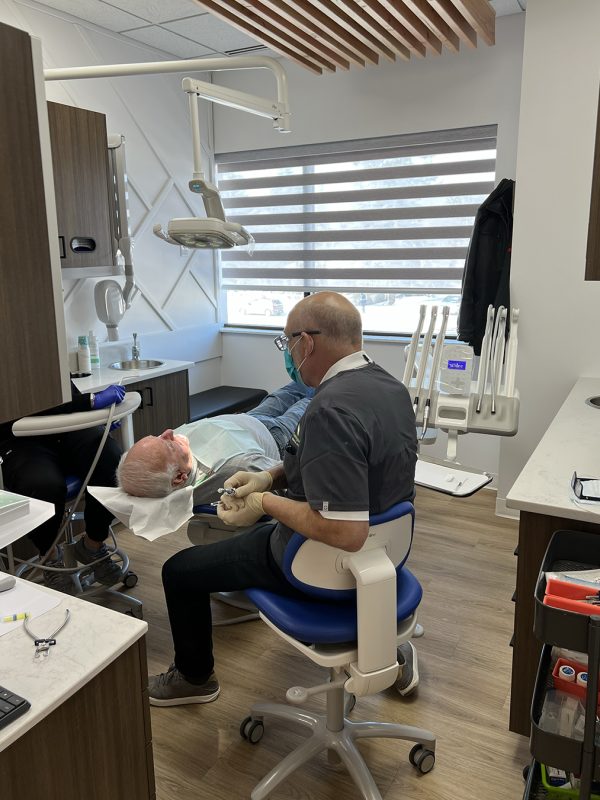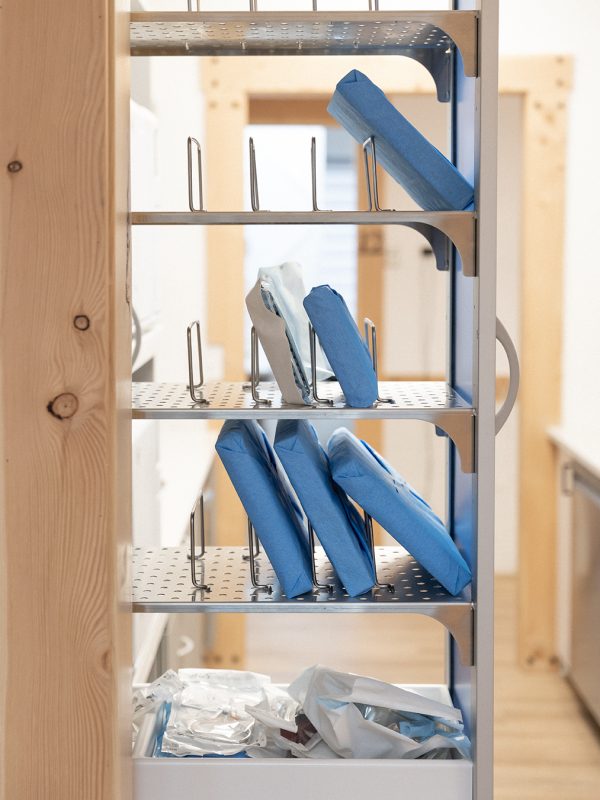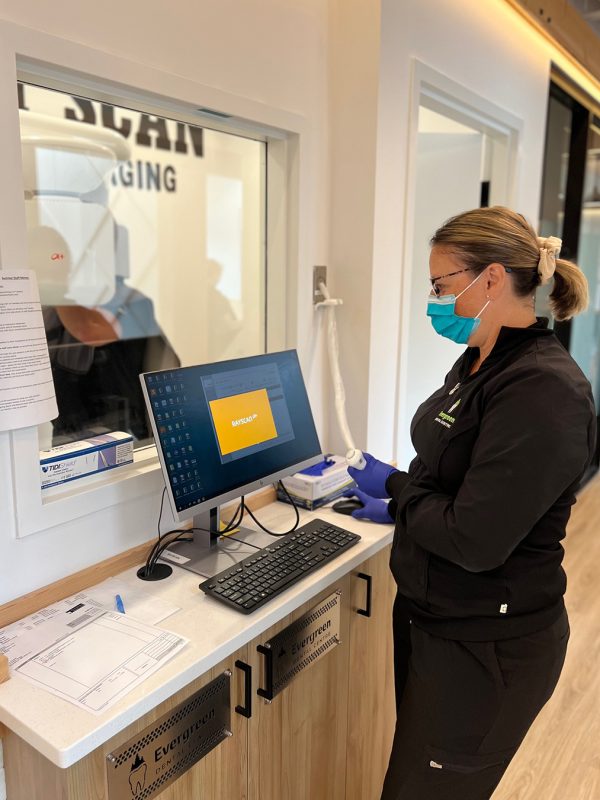CHILDRENS DENTISTRY
Gentle care for your children at Evergreen Dental, where little smiles shine brighter than ever!
YOUR CHILD'S FIRST VISIT
The first “regular” dental visit should be just before or after your child’s third birthday. The first dental visit is usually short and involves very little treatment. We may ask you to sit in the dental chair and hold your child during the examination.
We will gently examine your child’s teeth and gums. X-rays may be taken (to reveal decay and check on the progress of your child’s permanent teeth under the gums).
We may clean your child’s teeth and apply topical fluoride to help protect the teeth against decay. We will make sure your child is receiving adequate fluoride at home. Most important of all, we will review with you how to clean and care for your child’s teeth.
HERE ARE SOME "FIRST VISIT" TIPS:
- Take your child for a “preview” of the office.
- Read books with them about going to the dentist.
- Review with them what the dentist will be doing at the time of their first visit.
- Speak positively about your own dental experiences.
DURING YOUR FIRST VISIT THE DENTIST WILL:
- Examine your mouth, teeth and gums.
- Evaluate adverse habits like thumb sucking.
- Check to see if you need fluoride.
- Teach you about cleaning your teeth and gums. Suggest a schedule for regular dental visits.
Learn More about Childrens Oral Care
Baby teeth typically start appearing at 6-8 months, with all 20 usually in by age 2 1/2. Permanent teeth begin emerging around 5-6 years old. They’re important for chewing, speech, and holding space for permanent teeth. Encourage healthy habits for your child’s dental well-being.
Baby teeth typically start appearing at 6-8 months, with all 20 usually in by age 2 1/2. Permanent teeth begin emerging around 5-6 years old. They’re important for chewing, speech, and holding space for permanent teeth. Encourage healthy habits for your child’s dental well-being.
We prioritize preventive care to combat tooth decay in children. With advanced dental sealant technology, we shield their teeth from decay. It’s part of our commitment to laying the groundwork for your child’s lifelong oral health.
Most of the time cavities are due to a diet high in sugary foods and a lack of brushing. Limiting sugar intake and brushing regularly, of course, can help. The longer it takes your child to chew their food and the longer the residue stays on their teeth, the greater the chances of getting cavities.
Every time someone eats, an acid reaction occurs inside their mouth as the bacteria digests the sugars. This reaction lasts approximately 20 minutes. During this time the acidic environment can destroy the tooth structure and eventually leading to cavities.
When a person’s diet consists of high carbohydrates and sugars, they tend to have thicker saliva, which in turn allows more of the acid-producing bacteria that can cause cavities.
- Limit frequency of meals and snacks.
- Encourage brushing, flossing and rinsing.
- Watch what your child drinks.
- Avoid giving your child sticky foods.
- Make treats part of meals.
- Choose nutritious snacks.




